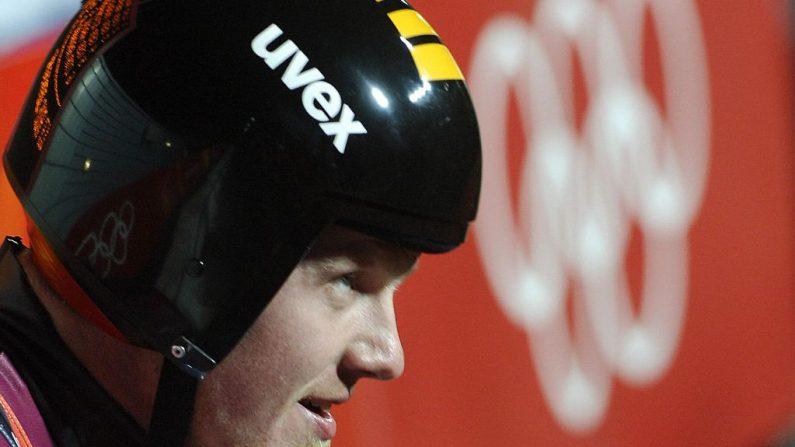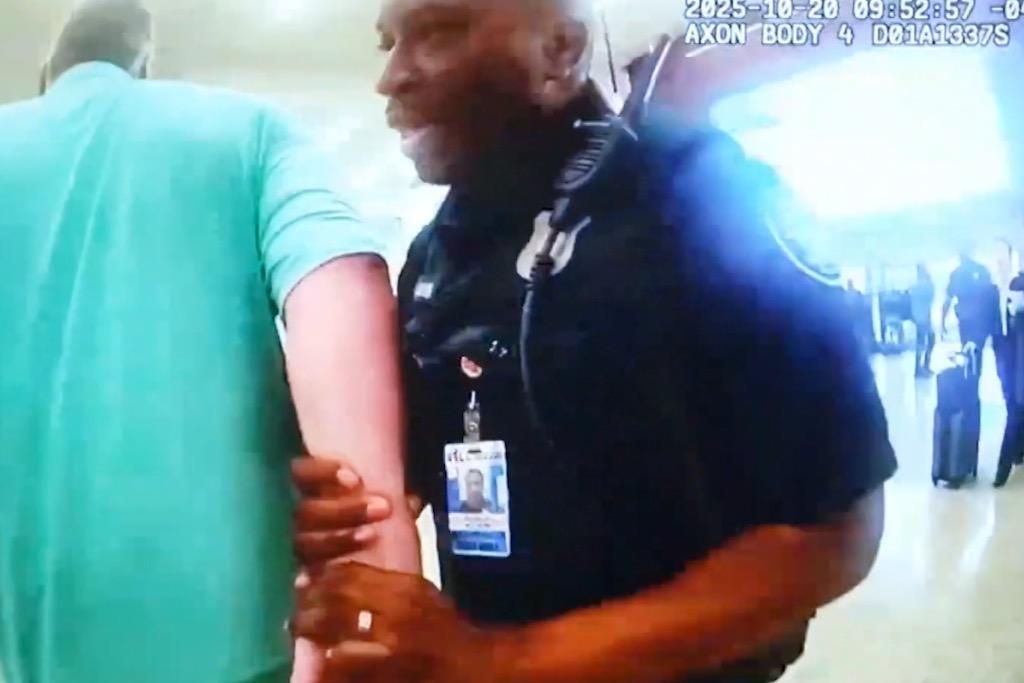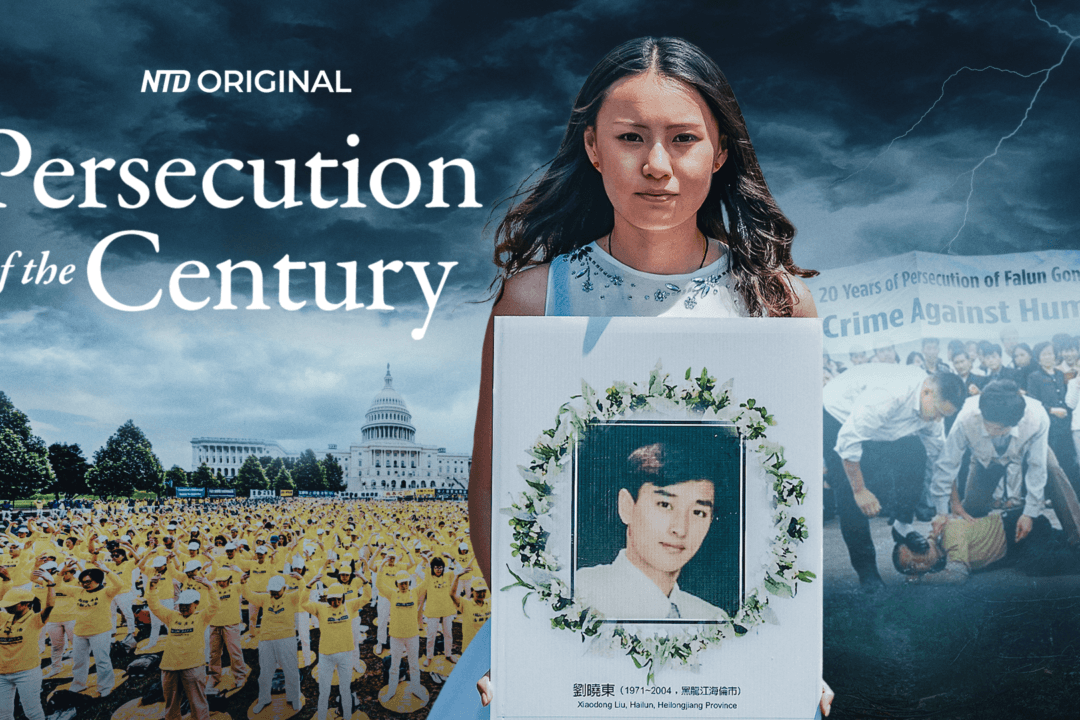Martins Rubenis is a retired Olympic medalist from Latvia. Born in 1978, Rubenis started learning luge when he was 9 years old.
Beginning in the 1990s, he started competing and won many international competitions, including first place in World Youth Championship in 1998; two silver medals in 2003; and the individual bronze medal at the 2004 World Championships competition.
Rubenis participated in a total of five Winter Olympic Games. At his third, in Torino in 2006, he took home a bronze medal in the men’s singles event, marking Latvia’s first Winter Olympics medal. For this honor he was named Latvian Sports Personality of the Year.

(L to R) Second-placed US Tony Benshoof, Russian winner Albert Demtschenko and third-placed Latvian Martins Rubenis on the podium of the Luge World Cup men event, in Sigulda, Latvia, on Nov. 6, 2005. Ilmars ZnotinsAFP/Getty Images





